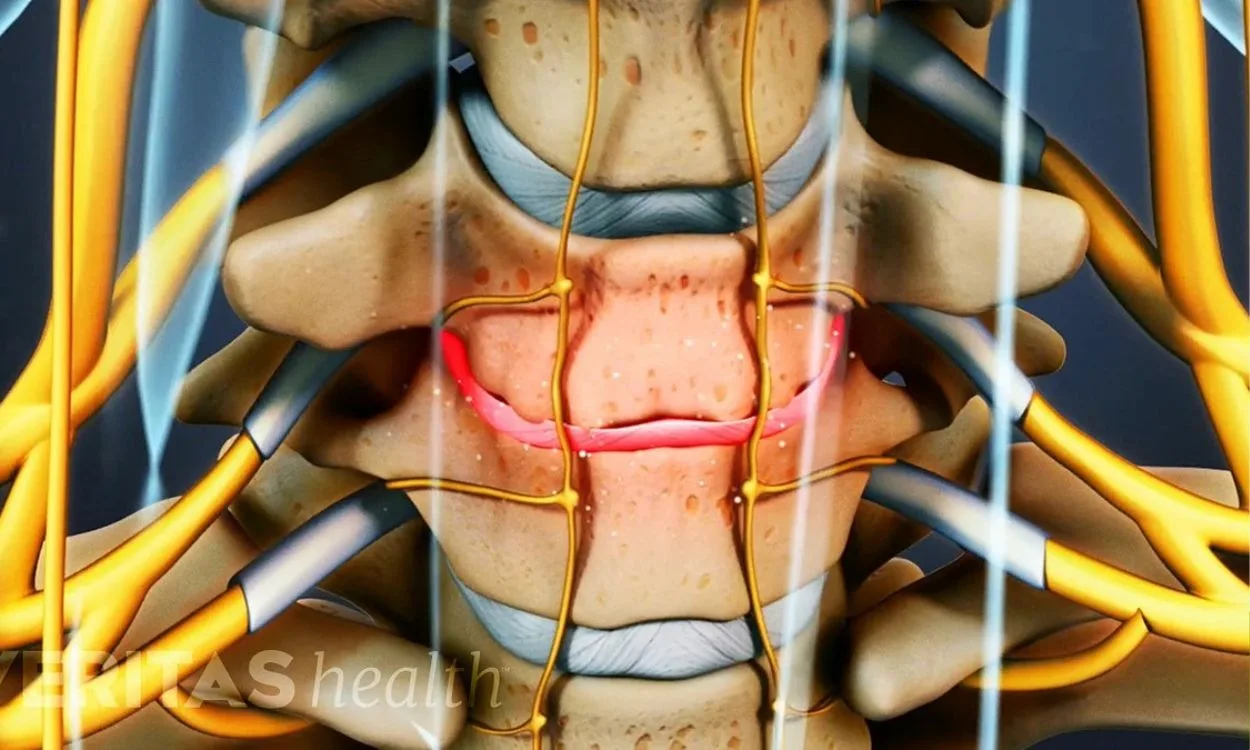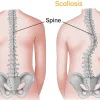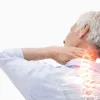Can Neck Pain Be a Result of Degenerative Changes?
Neck pain is a common complaint that many people experience at some point in their lives. It can range from mild discomfort to severe pain and can have a significant impact on daily activities. One possible cause of neck pain is degenerative changes in the cervical spine. In this article, we will explore what degenerative changes are, how they can lead to neck pain, and what you can do to manage it.
Understanding Degenerative Changes
Degenerative changes refer to the gradual wear and tear that occurs in the body over time. In the case of the cervical spine, degenerative changes typically involve the intervertebral discs, vertebrae, and facet joints. These structures can deteriorate and become less resilient as we age, leading to various symptoms, including neck pain.
Common Degenerative Changes in the Cervical Spine
- Intervertebral Disc Degeneration: The intervertebral discs act as cushions between the vertebrae. With age, these discs can become dehydrated, lose their elasticity, and develop cracks or bulges. This can cause compression of surrounding nerves and lead to neck pain.
- Spinal Stenosis: Spinal stenosis is the narrowing of the spinal canal, which can put pressure on the spinal cord and nerves. This narrowing can occur due to the growth of bone spurs or thickening of ligaments, both of which are common degenerative changes in the cervical spine.
- Osteoarthritis: Osteoarthritis is the breakdown of cartilage in the joints. In the cervical spine, osteoarthritis can affect the facet joints, leading to inflammation, stiffness, and neck pain.
Symptoms of Neck Pain Due to Degenerative Changes
Neck pain resulting from degenerative changes can manifest in various ways. Common symptoms include:
- Stiffness and limited range of motion: You may find it challenging to move your neck freely or experience stiffness, especially after prolonged periods of inactivity.
- Pain and discomfort: Neck pain can range from a dull ache to sharp, shooting pain. It may be localized to one area or radiate to the shoulders, arms, or head.
- Headaches: Degenerative changes in the cervical spine can contribute to tension headaches or migraines.
Managing Neck Pain Due to Degenerative Changes
While degenerative changes cannot be reversed, there are several strategies you can employ to manage neck pain effectively:
- Physical Therapy: Physical therapy exercises can help strengthen the muscles supporting the neck and improve flexibility. A qualified physiotherapist can create a tailored exercise program to alleviate symptoms and improve function.
- Pain Medication: Over-the-counter pain relievers, such as acetaminophen or nonsteroidal anti-inflammatory drugs (NSAIDs), can provide temporary relief from neck pain. However, it is essential to use these medications as directed and consult with a healthcare professional if the pain persists.
- Heat and Cold Therapy: Applying heat or cold to the affected area can help reduce pain and inflammation. Experiment with hot packs, cold packs, or a combination of both to find what works best for you.
- Posture Correction: Poor posture can exacerbate neck pain. Pay attention to your posture throughout the day, especially when sitting at a desk or using electronic devices. Maintaining a neutral spine alignment and taking regular breaks to stretch can make a significant difference.
- Stress Reduction: Chronic stress can contribute to muscle tension and exacerbate neck pain. Engaging in stress-reducing activities such as yoga, meditation, or deep breathing exercises can help alleviate symptoms.
When to Seek Medical Attention
While most cases of neck pain due to degenerative changes can be managed with conservative measures, there are instances where medical intervention may be necessary. Seek medical attention if:
- Your neck pain is severe and persistent.
- The pain radiates down your arm or causes weakness or numbness.
- You experience difficulty with coordination or balance.
- Neck pain is accompanied by other concerning symptoms, such as unexplained weight loss or fever.
Introducing Fitpaa for Comprehensive Health and Fitness Support
If you are looking for a holistic approach to managing your neck pain and improving your overall health and fitness, Fitpaa is here to help. With our comprehensive digital therapeutic solution and personalized Fitpaa Capsule, we can assist you in achieving your wellness goals while addressing your specific needs.
Fitpaa offers:
- Metabolism Assessment: Our advanced technology assesses your metabolism to identify the root cause of your health condition, including neck pain. This information allows us to create a personalized Fitpaa Capsule tailored to your unique requirements.
- Expert Team of Coaches and Specialists: Fitpaa provides access to a team of fitness coaches, nutritionists, and doctors who can guide you in managing your neck pain and improving your overall well-being. They work collaboratively to create a customized plan that fits your lifestyle and goals.
- Real-Time Guidance and Support: Fitpaa’s mobile app offers real-time guidance and tracking tools to help you follow your personalized Fitpaa Capsule effectively. From workout sessions to diet tracking, the app provides the resources you need to stay on track and achieve guaranteed results.
If you’re ready to take control of your health and fitness journey while managing your neck pain, download the Fitpaa app today. Let us guide you towards a pain-free and fulfilling life.
Remember, your well-being is our mission, and we are committed to helping you achieve your health and fitness goals. Don’t wait any longer – start your Fitpaa journey now!









